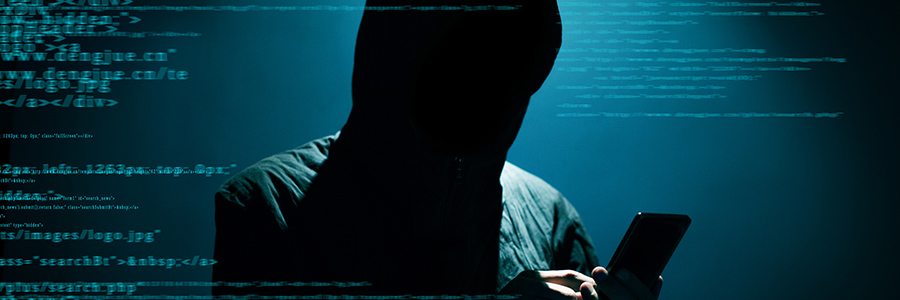What is Ransomcloud, and what are its dangers to your business

Ransomware is one of the most dangerous cyberthreats today. In fact, a recent study found that businesses in the United States suffered 22 days of downtime on average after they were hit by a ransomware attack.
Normally, ransomware works by encrypting a computer’s local file system, preventing a user from accessing their data until they pay a ransom. A new strain called ransomcloud, however, can infiltrate cloud-based systems. In this blog, we will discuss how it works and what you can do to protect your systems.
What is Ransomcloud?
Ransomcloud is a ransomware variant that attacks cloud-based platforms such as Google Workspace and Microsoft 365.
Ransomcloud attacks leverage phishing emails, or messages that appear to come from trusted entities like banks, business partners, or colleagues to gain the victim’s trust. These emails typically contain a link to a web page that, when clicked on, will ask the user to log in to their account. The fraudulent web page will request permission to access the user’s data, sign into their accounts, and read their calendars and contacts.
Should the user grant these permissions, the ransomcloud will encrypt the user’s emails and files to make them unreadable. It will then demand a ransom for the user to regain access to their data.
What are the dangers of Ransomcloud to your business?
If one of your employees grants ransomcloud access to your systems, they can lose access to their email accounts, messages, contacts, and files. And when your workers cannot access their apps and files, their productivity suffers. Cybercriminals can even send emails as the victim to spread the malware even further across your IT network.
Cybercriminals can also threaten to leak your business’s sensitive data unless a ransom is paid. However, we at NetWize highly discourage you from paying the ransom, as there’s no guarantee that you’ll regain access to your cloud systems. Some cybercriminals may leak your data even if you paid the ransom. Paying also sets a bad precedent because it only encourages cybercriminals to victimize more individuals and businesses.
How can you protect your organization from Ransomcloud attacks?
Keep your business protected from ransomcloud attacks through the following best practices:
1. Deploy role-based access controls (RBAC)
If every employee in your company can access all of your files, cybercriminals will only need to infect one account with ransomcloud to compromise your data.
By implementing RBAC, you can regulate network access based on each employee’s role. This means that a worker can only access the files and applications needed to perform their tasks, thus minimizing the potential damage of ransomcloud.
2. Use multilayered security
Using multiple layers of cybersecurity solutions mitigates the risk of future ransomcloud attacks. Each layer provides an additional level of protection, making it harder for threat actors to infiltrate your cloud systems. Your security framework should include the following:
- Email protection solutions: These must have a spam filter, data loss protection, and end-to-end encryption to protect your cloud systems from email-based cyberattacks.
- Antivirus software: The best antivirus software should be able monitor your IT infrastructure round the clock to protect against malware.
- Intrusion prevention system (IPS): An IPS regularly inspects network traffic to identify vulnerabilities and prevent threat actors from exploiting them.
- Web content filtering: This prevents users from accessing malicious websites, thus reducing the risk of a malware infection.
3. Create offline backups
Back up your important data in external hard drives, DVDs, or flash drives, as they cannot be infected by ransomcloud. Alternatively, you can partner with a reliable managed IT services provider like NetWize. We will store your files in our secure off-site servers and monitor them round the clock to prevent any issues.
4. Educate your employees
Because ransomcloud attacks use phishing emails, teach everyone in your organization how to recognize these messages. For instance, you can train them to be wary of messages that ask for their login credentials or permission to access their data.
You should also teach your staff to use strong passwords and enable multifactor authentication. Lastly, conduct cybersecurity awareness training regularly to help your employees identify and avoid the latest cyberthreats.
NetWize offers reliable protection from cloud-based threats like ransomcloud. We will monitor your cloud systems 24/7 and make sure that issues are taken care of before they cause productivity-crippling downtime. Get your FREE IT assessment from us today.


